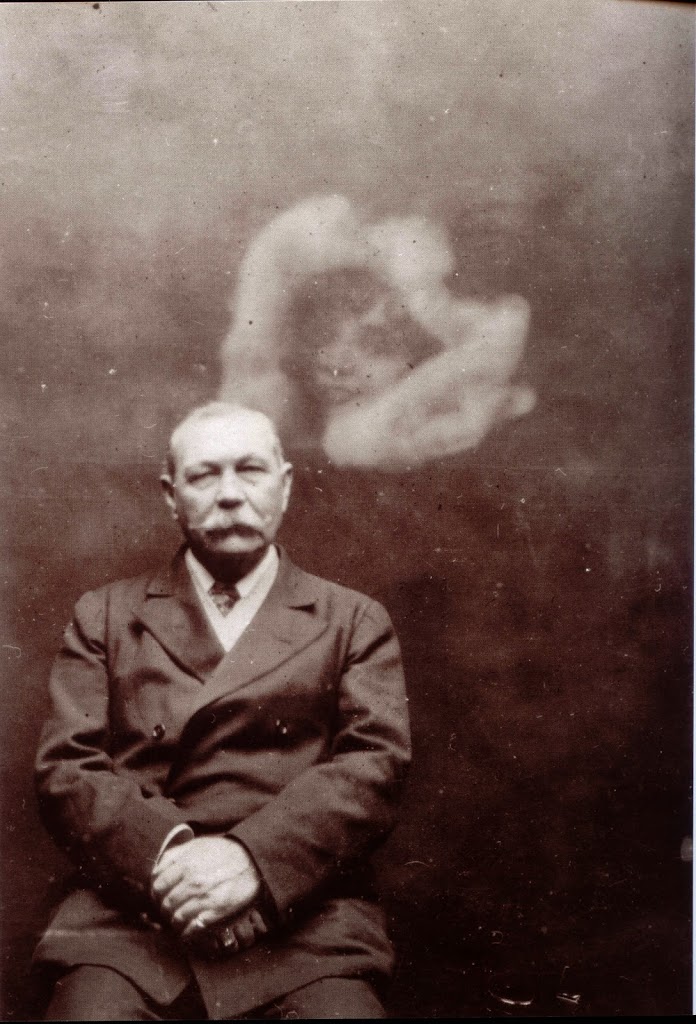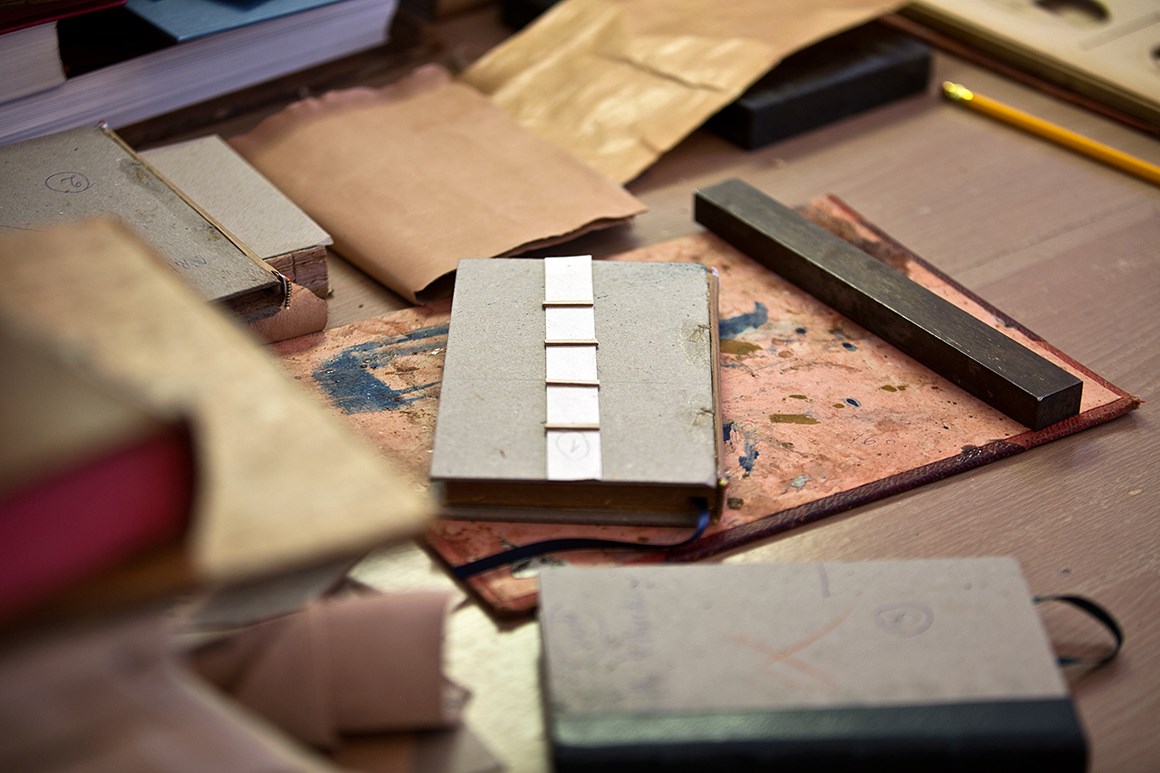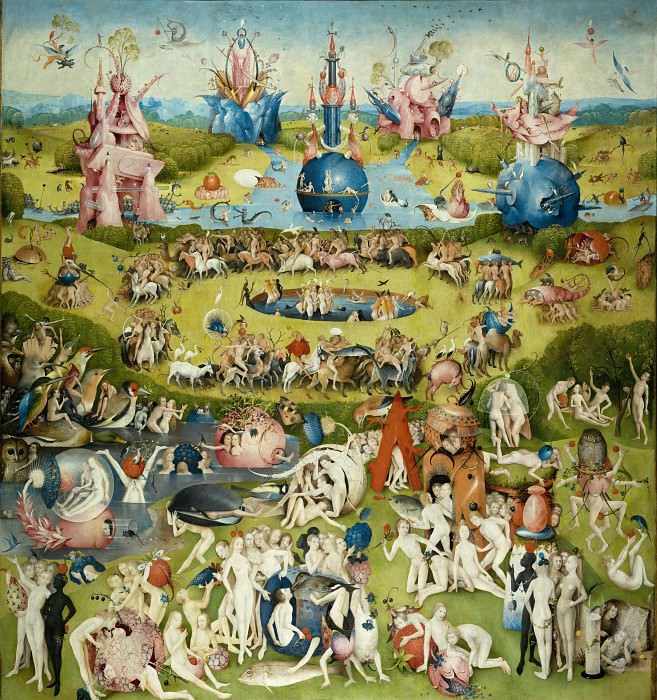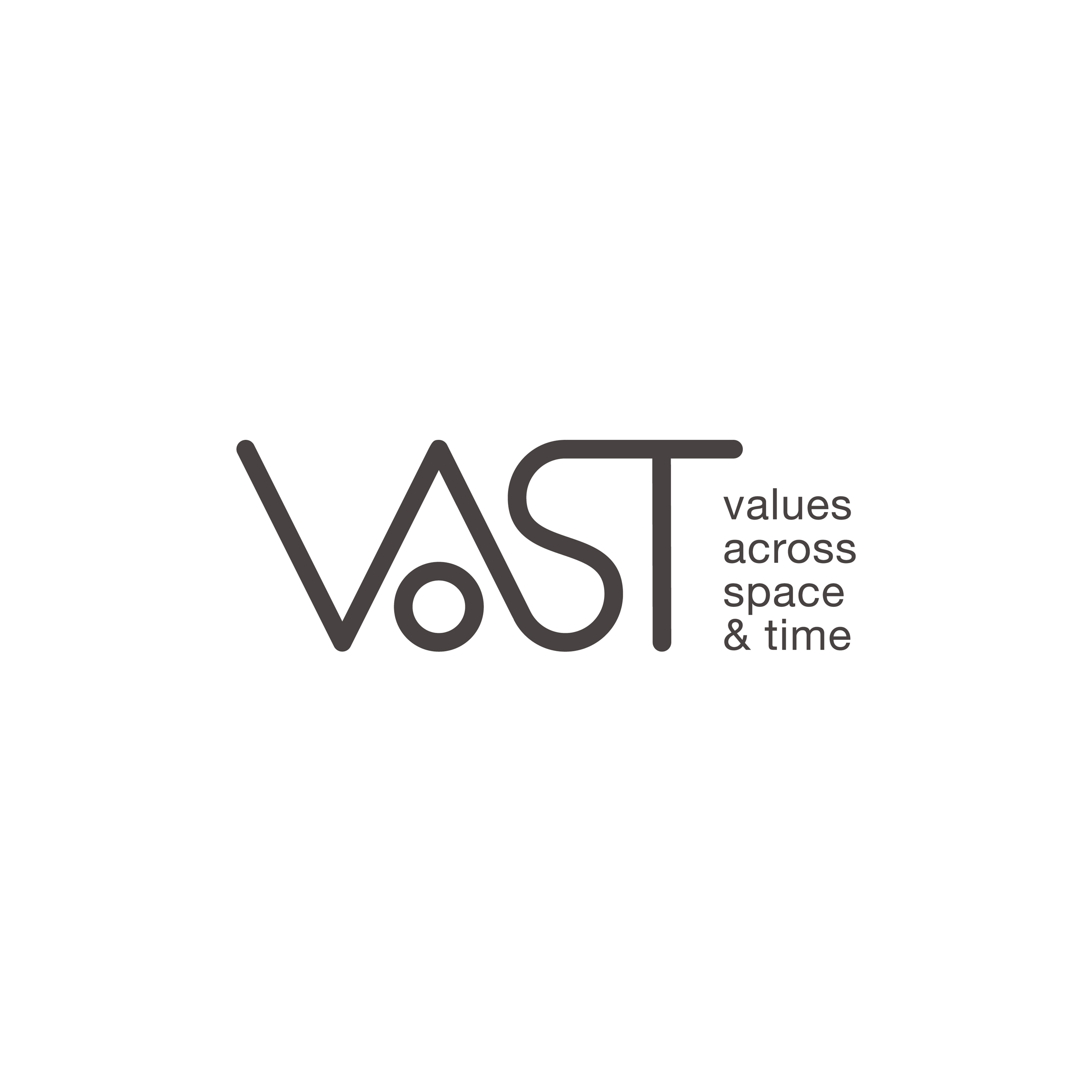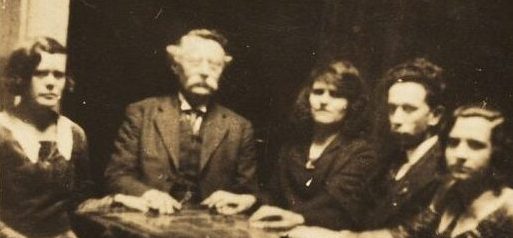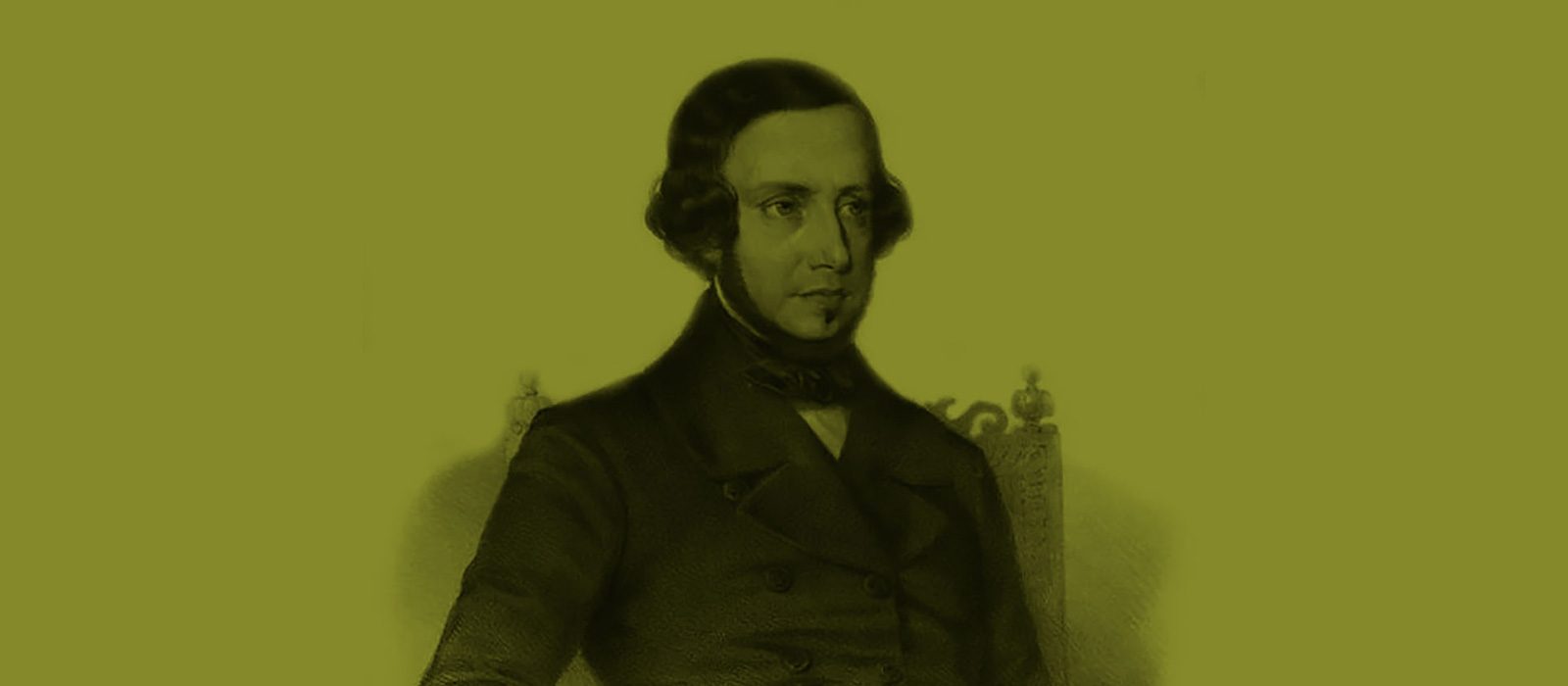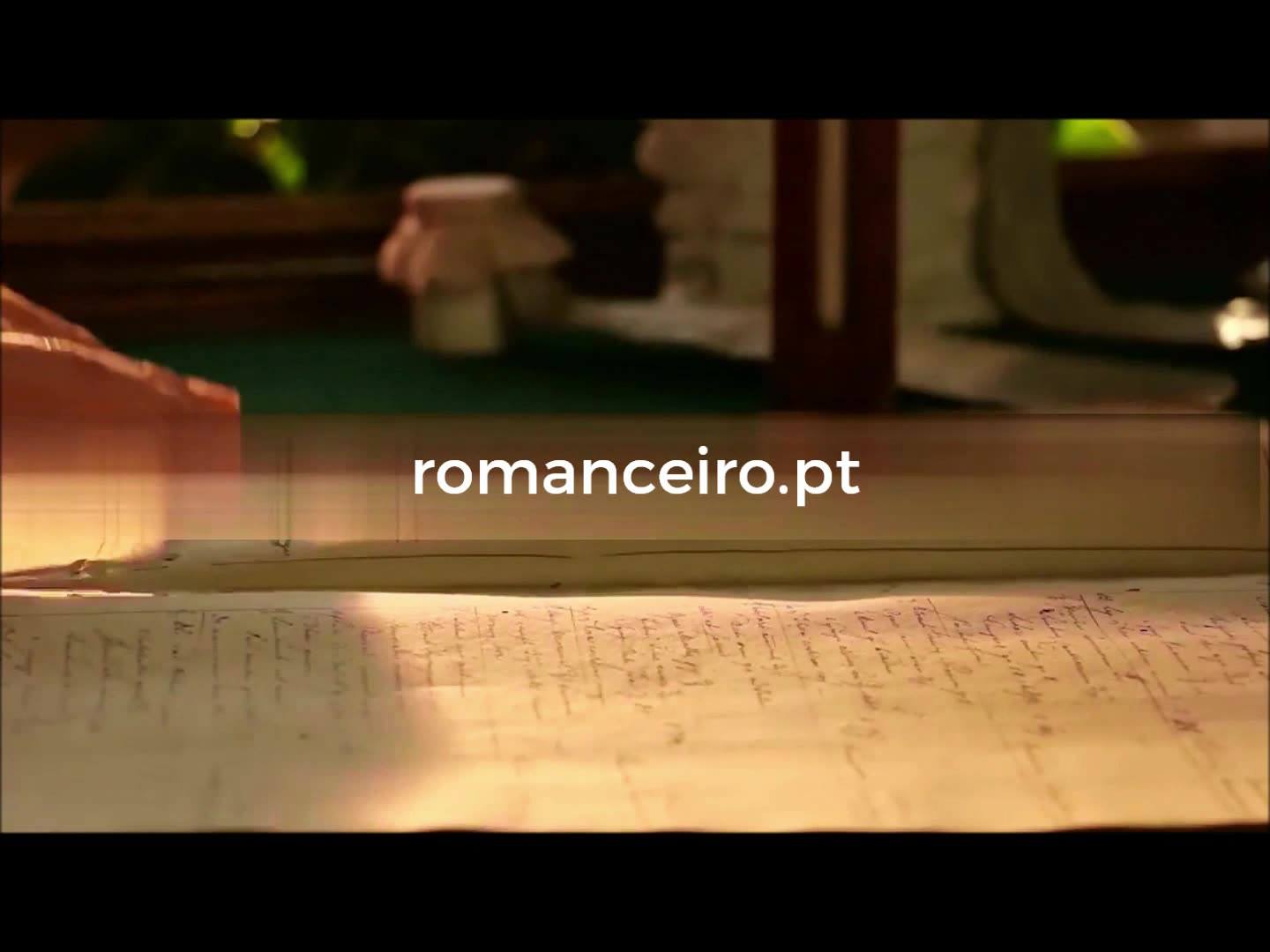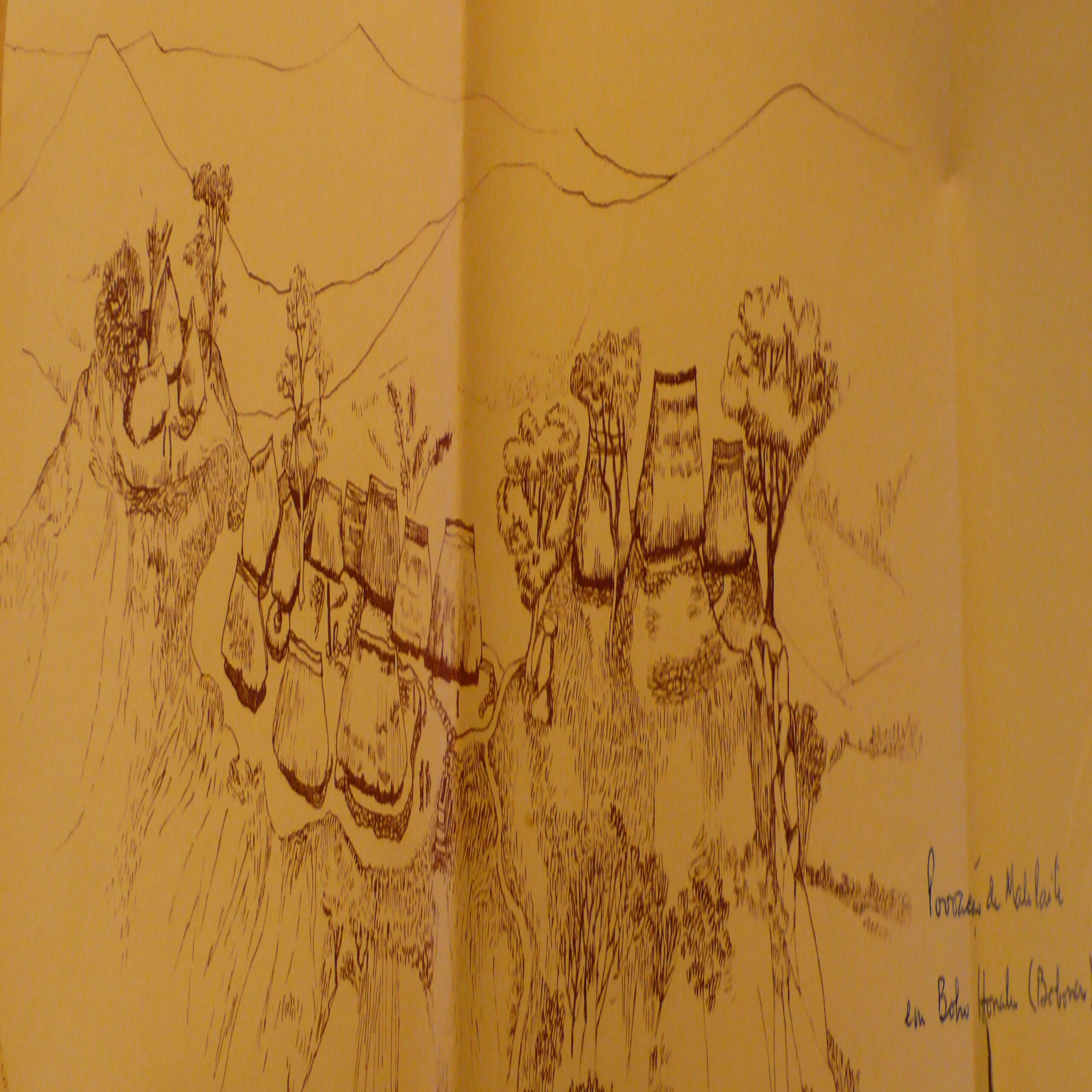Information to be made available soon. Official project website here.
CRAFTS AND ARTISANS OF ORNAMENT AND BOOK BINDING
Following a partnership established in 2020 between the IELT and the Lisbon Municipal Archive, a research programme has begun that focuses on the technical procedures of book binding and ornamentation and the identification of the workshops and artisans who historically dedicated to and exercised the craft in the city of Lisbon. More recently, it has also focused on the history of printing and publishing in the city and its relations with the activity in other geographies, creating a sensorial memory of the book as a collection object and tactile and olfactory matter, which is ritualized and moulded into many formats and genres.
The work is structured in three tasks:
1. To record by visual means the trades that are associated with the material production of the book, namely the arts of bookbinding and gilding, (a) to recognize the places in the urban geography of Lisbon where bookbinding and gilding workshops existed, (b) to inventory the existing workshops, (c) to inventory the ways of working and the technical and common vocabulary employed, (d) to capture narratives and life stories (entry into the profession, careers);
2. To survey publishers, booksellers, auctioneers, librarians, artists and other agents who bridge the metaphysical, aesthetic and ethical dimension of the book;
3. To understand the formats that diversify it and are the expression of the book as a pedagogical and aesthetic phenomenon of our times: the object-book, the artist-book, the architecture-book, as well as the illustrated book, the graphic-book, the comic book, etc.
This project aims to generate a visual collection about the current phenomenon around the Book, producing video documentaries, as well as a digital platform that will systematize the research results (under development). The work team is composed of members of the institutions involved and bookbinders, under the direction of IELT researcher Luís Sousa Martins. The working team is composed of members from the institutions involved, under the direction of IELT researcher Luís Sousa Martins.
Some of the recent actions:
1. the organization of the Conference Os artesãos do livro e o espírito militante, given by Beatriz Peralta of the Universidad de Oviedo (Almada Negreiros College, Campolide Campus of the Lisbon Nova University, April 19, 2022);
2. making and premiering the video documentary Arte no livro, integrated in the programming of the 5L Festival, International Literary Festival Literature and Portuguese Language (Palácio Galveias Library, May 5, 2022);
3. preparation of the 20th issue of Cadernos do Arquivo Municipal under the title O Livro no seu Tempo: Lugares, Matérias, Formas e Técnicas, with the scientific coordination of Fernando J. Bouza Álvarez (Complutense University, Madrid), João Luís Lisboa (NOVA FCSH) and Luís Martins (NOVA FCSH), with call for papers under way;
4.design of the database structure (under development) that will systematize the research results in the project’s website (under development).
EROTIC IMAGES IN PAN-HISPANIC BALLAD: INDEXATION, ANALYSIS AND DIGITAL MARKUP
The project, which started in 2022, is part of the romanceiro.pt platform and has as its main goal the analysis of the eroticism, implicit or explicit, in the corpus of the Pan-Hispanic romance, whose study has not yet been carried out in an exhaustive way.
With this purpose, the work will be carried out in two phases. Firstly, a reading and revision of the ancient and modern oral romance corpus will take place in order to identify and catalogue the scenes and the erotic symbolism associated to certain themes of the romanceiro. Secondly, a SQL relational database will be developed in which the materials will be organized in an ordered manner for subsequent collection and interpretation. Furthermore, the possibilities of semantic tagging, using the standard Textual Encoding Initiative (XML-TEI) of words or expressions with sexual meaning will be explored.
This project has as its starting point the doctoral thesis La imaginería en la poesía erótica de los Siglos de Oro (UCM, 2021), in which a commentary of close to five hundred and fifty poems and more than three thousand sexual images was carried out. Based on the theoretical and methodological approach developed here and, on the results obtained in this research, we will set off in search of sexual double meanings in the romance corpus.
For the first stage of the work, which will be developed at IELT – NOVA FCSH and, in particular, in the mentioned research platform romanceiro.pt, three main tasks were set:
1.Review of the Portuguese romance corpus in order to select the texts to be analyzed;
2. Creation of the appropriate SQL database structure for the organization and storage of the data to be obtained
3. Feeding the database with the results of the analysis of the selected corpus.
Erotic images in Pan-Hispanic romance: cataloguing, analysis and digital tagging is a project financed under a contract “Margarita Salas para la requalification de joined doctors (CT31/21)”, funded by the Ministry of Universities of Spain. Its development, under the responsibility of Álvaro Piquero and the supervision of Sandra Boto and Pere Ferré, researchers responsible for romanceiro.pt, will last for two years: the first consists in a research stay at IELT – NOVA FCSH, while the second will take place at the Department of Hispanic Literatures and Bibliography of the Complutense University of Madrid.
The Golden Age of the Romancero: Echoes of traditional ballads in Medieval and Early Modern Spanish Literature
The main objective of the project started in 2021 is to study the interpolation of romances in Spanish literature of the 15th, 16th and 17th centuries. It is articulated with the IELT’s Literary revisions: the creative application of ancient ballads (15th-18th centuries) project which pursues the same purpose within Portuguese literature.
The final goal of the association of the GOLDEN-Rom and RELIT-Rom projects is to constitute a critical archive of testimonies of the convergence of romances in Peninsular literature between the 15th and 17th centuries, and of the complex and multifaceted effects produced by interpolations of the romances in new literary contexts. In this sense, it will contribute to the knowledge of the ancient scholarly circulation of romances in the Peninsula and to a renewed reading of the works that integrated the ballad verses.
GOLDEN-Rom takes as its starting point the collection of 2,000 quotations and allusions to romances assembled by the Spanish philologist María Goyri, which is kept in the Ramón Menéndez Pidal Foundation. María Goyri was inspired by the work done by Carolina Michaëlis de Vasconcelos in Romances velhos em Portugal (initially published between 1907 and 1909), where several hundred references to romances in Portuguese literature are collected. Goyri’s inventory remains unpublished and needs the revision, amplification and updating that Vasconcelos’ prompted the RELIT-Rom project (the latter is currently in a later research phase). To this end, GOLDEN-Rom proposes to:
1. to catalogue into a digital structure every reference to romances identified in Spanish literature by Goyri and later specialists;
2. analyse the creative use of quotations and allusions to romances by Spanish writers and musicians of the 15th, 16th and 17th centuries;
3. to study the differences and similarities in the use of these poetic materials by Portuguese and Spanish writers, comparing the inventories of Goyri, Vasconcelos and the contributions of later scholars.

Portuguese women writers during Military Dictatorship and Estado Novo in Portugal, Africa, Asia and countries of emigration
The project is the result of an international partnership, involving IELT, CICS.NOVA/Faces de Eva, of the Faculty of Social and Human Sciences of the Lisbon Nova University, and CRILUS/UR Études Romanes, of the University of Paris Nanterre.
It aims to integrate writing by women into the literary heritage, promoting the knowledge, unveiling and dissemination of female writers who published between 1926 and 1974, as well as their works, since, even with regard to the 20th century, the canon of Portuguese literature is essentially male. The social, cultural and political context in which much of these women’s production emerged points to writing as an act of courage, in some cases punished with silencing, persecution or erasure.
The project is based on two distinct but complementary pillars:
A) The holding of international colloquia:
– Ver/Rever a Escrita de Mulheres em Portugal (1926-1974), 5 and 6 March 2020 (Almada Negreiros College – NOVA FCSH Campolide Campus)
– Voir/Revoir l’écriture de femmes au Portugal (1926-1974), 9 October 2020 (Université Paris Nanterre)
– Maria Judite de Carvalho: les frontières de l’humain face aux débris du monde, 15 March 2021 (Université Paris Nanterre)
– Maria Archer: reflexos e reflexões, 24 January 2022 (National Library of Portugal)
The volume Escritoras portuguesas no tempo da Ditadura Militar e do Estado Novo, col. “Mondes de Langue Portugaise”, Peter Lang – Bruxelles, to be published in 2022, gathers some of the most relevant contributions produced so far within the project, whose results have already been presented and discussed in the first two colloquia.
Within the framework of the “Temporada França-Portugal 2022”, two other international colloquia will be held on the theme of the project, of which they have received the seal, thus integrating the official programme:
– 24 February 2022, at the Université Paris Nanterre, France
– 13 and 14 October 2022, at the Lisbon Nova University, Portugal
In both editions, emphasis will be given to Novas cartas portuguesas of the ‘Three Marias’ marking the fiftieth anniversary of the seizure by the Censorship that generated a wave of solidarity on the part of French women writers.
B) The creation of an “open” database.
It consists of the cataloguing and analysis of the literary production of Portuguese and/or Portuguese-speaking women authors from African, Asian or countries where Portuguese emigration created centres of language and culture, who published between 1926 and 1974.
The inclusion of the authors/works in the database was determined by the following criteria:
1. They are Portuguese and/or Portuguese-speaking, although they may have published in languages other than Portuguese;
2. They published during the defined time frame, i.e., between the years 1926 and 1974 (they may have also published before and/or after);
3. They published “work”, conceived only as a publication in a volume (which does not invalidate the fact that they may have had other types of written and/or spoken intervention in newspapers or other media, made translations, etc.). In other words, the criterion of publication in a volume is necessary but not exclusive.
Each of the authors is presented in an “author profile” according to the fields defined in it, and each of their works is presented individually, also according to the fields defined in the “work profile”.
This database is an open and continuous resource to support research, suggesting possibilities of dialogue among researchers. We appeal, therefore, to the collaboration of all those who wish to help to complete it with new authors or to improve what is now presented. Due to the extension of the work of some of the authors, the profiles presented here may be incomplete, as the research team is continuing to develop them. In this case, the indication “under development” will be given in the author’s profile.
The diversity and multiplicity of sources and resources make it unfeasible to present the contents in an entirely uniform way, a fact to which we have resigned after some initial utopia, when we thought it was possible. One of the fields inserted “gender” posed some questions to the team due to the hybrid character of certain works. The identifier [NI] means that it was up to the person making the inventory to decide how to fill it in. We used the field “observations” to explain some of the doubts we had, but also to complete information that could not be filled in anywhere else.
The publishing date of many works was not found, so we considered an “assigned date” based on elements that can either be related to a date written by the author as the end of the book, or the date of entry into the library deposit where it is found, or by indications (not always precise) written in newspapers or critical pieces, or even in other works that make reference to them.
We have chosen to use the APA 6 norms, but here too, the specificity of some situations has obliged us to adapt them so that the information provided is clear and allows for the most detailed consultation possible.
The authorship of the files is indicated at the end of the “Authors’ profile”, with many thanks to all the researchers who agreed to collaborate in this project, to those who participated in its revision and also to the authors or family members who not only made themselves available to complement the information, but also ceded the rights of use of the images appearing on the files. The initial team that designed and structured the contents of the database was joined by a research scholarship holder and a group of people who made inventories, identified in the “Team” tab.
The tab “Texts” has been created to enable the users of the database to enjoy unpublished or little-known texts by the identified authors. It includes literary productions sent to us by the authors, their families and researchers.
The contact with the research team will be made by filling in a form, hosted in the tab with that title.
The work of surveying the authors who meet the criteria for inclusion in the database was very extensive and constitutes in itself a precious research aid for all those who wish to promote and deepen their knowledge of women writers with published work in the defined timeframe. The tab “Initial survey” is liable to be expanded through the identification of more women writers, which will enrich the fields of study of literature, history and gender studies.
The present research follows almost entirely the time of the pandemic, so the conditions under which it was carried out reflect the difficulties experienced by the research team, namely in the consultation of works available in different libraries, but also in the limited or impossible face-to-face meetings. In this sense, the number of authors that, for now, this database includes is much lower than the authors we identified in the first moment of the research and much lower than all those we were meeting during the time the fieldwork took place. Despite the constraints, its richness allowed us to reaffirm the need to recover authors and works, to stabilize sources, to make urgently visible an authentic “underground world” in which women writers who published in their time are still found, despite the various efforts that have been made lately to give them existence
VAST: Values Across Space and Time
VAST – Values Across Space and Time consists of a European H2020 project (Grant Agreement No 101004949) that aims to identify (moral) values and investigate the transformation of fundamental European values (including freedom, democracy, equality, Rule of Law, tolerance, dialogue, dignity) across space and time. Based on the analysis of values and the aim of raising awareness of their reinforcement, the project aims to understand how they are perceived by different publics and to contribute to their presence in public discourse. It aims to:
a) investigate existing collections of intangible assets (expressed in different places and at significant moments in European history) and trace and interconnect the values emerging in them, in particular in three areas: theatre (focusing on the ancient Greek drama of the 6th century BC), science (focusing on the Scientific Revolution and natural philosophy documents of the 17th century) and folklore (focusing on folktales/fairy tales of the 19th century);
b) collect and digitize the objects and study how these values (found in the narratives) are communicated implicitly or explicitly to various audiences;
c) collect and digitize the experiences of audiences who are recipients of these messages, such as theatre-goers, museum visitors and pupils/students participating in educational activities.
The project aspires to bring European values to the forefront by using cutting-edge technologies to create a digital platform to facilitate the creation of continuously updated knowledge by combining storytelling with crowdsourcing. Through this platform, the project will help cultural and artistic industries to reuse and repurpose this material by improving their communication approaches and revisit moral values in the context of modern society.
The project integrates 4 post-doc researchers. The team was responsible for the preparation of several reports and the development of textual, historical and cultural analysis methodologies to be used by all project partners. In addition, short stories were collected and selected for further comparative analysis using the annotation tool created by the researchers and applied to various materials. in 2021 and 2022 the team presented papers at international events and submitted scientific papers for publication in leading journals.
Starting in 2019 and ending in 2023, the VAST project is an international consortium between eight partners from five countries: the National Centre of Scientific Research Demokritos (Greece), Università degli Studi di Milano (Italy), National and Kapodistrian University of Athens (Greece), Lisbon NOVA University – NOVA (Portugal), Fairytale Museum (Cyprus), Semantika (Slovenia), Museo Galileo (Italy) and the Athens & Epidaurus Festival (Greece). The Portuguese participation is led by Dr. Sara Silva.

Spectrality: Literature and the Arts
The project’s mission is to investigate the configurations of spectrality at the intersection between different representational media. The project emerged from the intersection of two movements: the creation of a project on Art, Media and Spectrality involving several members of the project team presented to the FCT in 2020 and the conception of a seminar of the Masters in Portuguese Studies entitled O Fantasma Inquilino on Portuguese and Brazilian authors. The convergence and heterogeneity of these two research movements led us to create now a broader platform for research on the theme of Spectrality in which Literature and Arts would work in an integrated way.
The objectives are:
– To create conditions so that the development of the different research lines of the project, done with autonomy (in individual research or by small groups), can be shared and discussed by the team through the permanent seminar, which will function as a research laboratory;
– To present the results of the research in small thematic colloquiums, organized on a regular basis;
– To involve junior researchers in the laboratory activities and in discussion groups.
The project team is composed of the researchers Abel Barros Baptista (lead researcher), Clara Rowland, Joana Matos Frias, José Bértolo, Amândio Reis, Humberto Brito, Fernando Cabral Martins, Pedro Sepúlveda, Joana Meirim, Joana Mello e Margarida Medeiros.
Spectrality and the hypothesis of a “spectral turn” have been the object of study over the last decades mainly in film studies, media studies and art theory. However, these explorations are usually developed within specific and isolated fields of study and theoretical frameworks, which limits their scope. The present project starts from the connection between literature and art to be able to work on the spectral question in a broad and transversal way.
Garrettonline
The project proposes to make available the digital critical-genetic edition of Almeida Garrett’s Romanceiro, using autograph manuscripts and expanding the corpus of the romantic editor.
The project of digitally editing Almeida Garrett’s Romanceiro (1799-1854) began in 2013, after a long previous stage of study and analysis of all the known testimonies referring to this work bequeathed by the Portuguese Romantic poet. Along with the printed collections of romances published during his lifetime and the versions, complete or fragmentary, printed in his works of theatre or prose, Garrett bequeathed an abundant manuscript collection (mainly autographs), scattered in different documental nuclei located in Portugal.
In fact, both the characteristics of the recensio and the study of the compositional process of each of Almeida Garrett’s romances revealed a work with some peculiar characteristics that can be simplified as follows:
1. necessarily unfinished;
2. materially dispersed;
3. composed by narrative poems in radically different elaboration stages and that maintain quite heterogeneous relations with their sources, ranging from the mere creative translation of romances written by others, to the romantic recreation of Garrett’s own work, and even by versions of romances considerably close to the conjectural oral tradition of the 19th century.
Such heterogeneity obeys a common purpose of legitimizing and imposing the so-called “popular” Portuguese poetry in the Iberian context, which Almeida Garrett tried to raise to the highest level, as one of the multiple faces of his romantic-nationalist aesthetic programme.
Adding to the characteristics of the Garrettian corpus the ambitious goals of the current edition itself, the digital format imposed itself as the only viable way to editorially “represent” this work (although assuming the well-known risks of instability associated with digital materiality). In fact, it seems to be consensual that the concept of “archive” associated to the Digital Humanities emerges today significantly amplified and as an element that enhances philological studies in general and critical editions in particular.
The critical digital edition that will be made available in the future was born with a post-doctoral project directly supported by the Foundation for Science and Technology through the granting of an individual scholarship in Literary Studies (2013-2019), counting, since 2019, with the financial support of a Research Project in the fields of Portuguese Language and Culture of the Calouste Gulbenkian Foundation. The present critical-genetic edition of Almeida Garrett’s Romanceiro aims to:
– To reproduce, resorting to the reconstruction ope ingenii, the last known editorial plan of Garrett for the Romanceiro, which is embodied in p. XLV of the “Introduction” to the II volume of the Romanceiro, in 1851, of which the writer only published the first two books;
– To provide rigorously established texts, a design that should not be exclusive to hyper-specialized critical editions and still uncommon in cyberspace.
By adopting the long-standing, but always effective concept of “lectura asistida” formulated by Pedro Sánchez-Prieto Borja (2003), the reader will be able to choose between different levels of reading, which converges with the idea that the edition can be aimed at various types of reader. This is a desideratum that the critical edition on paper cannot assume, due to the intrinsic technological limitations associated with its intrinsic materiality.
The construction of archival editions is rare in the context of the Portuguese philological tradition. This critical-genetic edition is based on that concept, equipping itself with different tools in the field of digital philology and intends to function as a model to be replicated in other classic works of Portuguese literary heritage.
The project was funded by Calouste Gulbenkian Foundation (2019-2021),Centre for Research in Arts and Communication (2014-2020), Institute for the Study of Literature and Tradition (2020 -) and FCT’s Individual Scientific Employment Stimulus Tender [CEECIND/00058/2018].
The project team consists of Sandra Boto (lead researcher), Pere Ferré, Juan Manuel Escribano, Bruno Ministro, Isa Mestre and Maria Helena Santama (consultant). Partners include the Centre for Research in Arts and Communication, the Calouste Gulbenkian Foundation and the Ramón Menéndez Pidal Foundation.
Publications produced under the project:
Boto, Sandra (2019). “O Espólio Literário de Almeida Garrett: notas em torno dos Documentos 59 a 63 da Biblioteca Geral da Universidade de Coimbra e da Coleção Futscher Pereira”, Verista Internacional de Língua Portuguesa series IV 36 (2019);
Boto, Sandra (2019), “La collatio semiautomática al servicio del Romanceiro de Almeida Garrett”, in Pragmática Y metodologías para el estudio de la Poesía Medieval, published by Josep Lluís Martos; Natália A. Mangas; 115-126, Alacant, Espanha, Universitat d’Alacant, 2019;
Boto, Sandra (2018), “A filologia digital em discussão: o caso da edição do Romanceiro de Almeida Garrett”, in Digital Culture – a State of the Art, published by Boto, Sandra; Tavares, Miriam. Coimbra, Portugal, Grácio Editor, 2018;
Boto, Sandra (2016), “Algumas notas sobre o sapo negro no âmbito da edição crítica das obras completas de Almeida Garrett“, Abenámar – Revista Fundación Menéndez Pidal
Boto, Sandra (2015), “Almeida Garrett e a tradição antiga”, in Miscelánea de estudios sobre el romancero – Homenaje a Giuseppe Di Stefano, published by Pere Ferré, Ana Valenciano, Pedro Piáro Ramírez, 95-118, SEvilla, Spain, Editorial Universidad de Sevilla, 2015
Romanceiro.pt
Romanceiro.pt is a digital platform that has the mission of hosting several projects for the study and dissemination of Iberian balladry in the Portuguese language.
At its genesis, Arquivo do Romanceiro Português houses two documental nuclei: Arquivo do Instituto de Estudos sobre o Romanceiro Velho e Tradicional. Unpublished Versions, consisting of the sound archive of the Romanceiro and its paper transcriptions, and the Arquivo Geral do Romanceiro Português. Published Versions (1828-2000), consisting of paper versions. It currently holds around 6,000 versions of romances from the modern Portuguese oral tradition published between the 19th and 21st centuries, and more than 3,500 unpublished versions in 660 hours of recordings, the result of collections carried out on Portuguese territory since 1980. In total, nearly 10,000 versions of romances are available, as image and/or sound files.
In 2013, the process of digitisation of the documentary cores of the Arquivo do Romanceiro Português began, under the project “O Arquivo do Romanceiro Português da Tradição Oral Moderna (1828-2010): sua preservação e difusão”. Through a partnership between Manuel Viegas Guerreiro Foundation and the Centre for Research in Arts and Communication, and with the support of Calouste Gulbenkian Foundation within the scope of the “Concurso de Recuperação, Tratamento e Organização de Acervos Documentais” (2013), a decisive step can finally be taken in safeguarding and promoting the Arquivo do Romanceiro Português.
By making this archive available on the network, a set of great cultural value has become accessible to both the specialist and the general public, which houses nearly 14,000 images of documents of great importance in the context of Portuguese heritage literature.
In 2017, the Romanceiro.pt platform was updated to its current visual identity and in 2018 the new version of the database was presented, which constitutes the first step towards the constitution of the Arquivo do Romanceiro em Língua Portuguesa, a goal that the project assumes henceforth. In the current phase of development, the project aims at the following objectives:
1. To enlarge and update the corpus of the Arquivo do Romanceiro Tradicional em Língua Portuguesa, with special emphasis on the Brazilian oral tradition;
2. Implementation of new philological and editing methodologies for traditional poetry;
3. Research towards the implementation of a more intuitive browsing experience in the hosted databases;
4. Preservation and curation of the data generated and study of forms of interoperability with related platforms;
5. Dissemination of the generated knowledge to the scientific community and the general public about Romanceiro Tradicional.
The project is coordinated by Pere Ferré and the scientific manager is Sandra Boto. The team also includes Juan Manuel Escribano, Mirian Tavares, Bruno Belmonte, Ana Luísa Lauria, Teresa Araújo, Alvanita Almeida, Ana Sirgado and Álvaro Piquero. The team includes specialists in the areas of computer science, science communication, information sciences and philology, who work in the different areas set out in the objectives, developing the tasks, materials or consultancy foreseen.
Portugal was the first country to hold a large inventory of a balladistic tradition, and with it new philological methodologies have been outlined, in national and international master’s and doctoral academic works. In fact, the consultation of the archives that Romanceiro.pt hosts contributes to a systematic and organized vision of this poetic form in Portugal, but also in the understanding of balladistics as a universal phenomenon. Romanceiro.pt transforms, in this way, the Portuguese oral tradition into the branch of the Pan-Hispanic romance that is better represented digitally, both from the point of view of access to the versions and of methodologies and work tools in the field of digital philology.
The project is funded by the Calouste Gulbenkian Foundation (2013-2014), Centre for Research in Arts and Communication (2014-2020), Institute for the Study of Literature and Tradition (2020-) and the FCT’s Individual Scientific Employment Stimulus Programme [CEECIND/00058/2018]. It also has as a partner the Manuel Viegas Guerreiro Foundation.
Publications within the scope of the project:
Boto, Sandra and Bruno Belmonte (2020), “O Romanceiro ibérico no Brasil: um património da Língua Portuguesa em ambiente digital”, Journal of Digital Media & Interaction, vol. 3, no. 7, (2020), pp. 161-177.
Boto, Sandra (2019), “Os nacionalismos ibéricos nos estudos sobre o romanceiro tradicional” en Cristina Martínez Tejero y Santiago Pérez Isasi (eds.), Perspetivas críticas sobre os estudos ibéricos, Rassegna iberística Library, Venezia, Edizioni Ca’Foscari, pp. 153-173. DOI 10.30687/978-88-6969-323-6/006.
Boto, Sandra (2017). “O subsídio de José Pedro Martins Barata para a divulgação do Romanceiro Português”. Portugal: Colibri. Montalvão Cultural Association “Vamos à Vila”.
Boto, Sandra (2016). “Para a história da edição do romanceiro no Algarve: protagonistas, textos, suportes e uma falsa questão”. In Promontoria Monográfica História do Algarve 03. Apontamentos para a História das Culturas de Escrita: da Idade do Ferro à Era Digital, 313-334. Portugal: Centre for Studies in Heritage, Landscape and Construction.
Boto, Sandra; Ferré, Pere; Tavares, Mirian (2014). “O arquivo do romanceiro português da tradição oral moderna (1828- 2010): sua preservação e difusão” project, Actas das VII Jornadas de Investigação do CIAC. Faro, Portugal: CIAC – Centre for Research in Arts and Communication.
Ruy Cinatti, ethnographer and poet
The project’s mission is to study and disseminate Ruy Cinatti’s work, articulating his ethnographic research, in Portuguese Timor, with the vectors of his literary creation that intersect with his personal experience of the Timorese oral tradition.
The project arises from the discovery of Ruy Cinatti’s unpublished collection by Lúcio Sousa, the researcher responsible for the project, identified during previous research in the field of anthropology/ethnography. The objectives of this project are
1. Identification, transcription and translation into Portuguese of collections made by Ruy Cinatti in Portuguese Timor in the fifties and sixties of the twentieth century;
2. Publication of a book with comments on collections of Kemak and Bunak oral tradition, in Portuguese, by the author, crossing this with his literary production, especially poetry about Timor;
3. Write articles to be submitted to specialised journals;
4. Organise two seminars: one in Dili and one in Lisbon.
The team is composed of researchers from various fields of knowledge, thus allowing for the use of methodologies from the areas of anthropology/ethnography and literature. Archive work, collection of testimonies and ethnographic research will be carried out in East Timor.
The project is differentiated by (1) the unpublished corpus that will have to be transcribed and, in some cases, translated into Portuguese and (2) the inter and multidisciplinary character of the study, crossing ethnography and literature. It is funded by the Calouste Gulbenkian Foundation under the Gulbenkian Programme of Portuguese Language and Culture until 30 September 2021.
The team consists of: Lúcio Sousa (Lead Researcher – Universidade Aberta, IELT – NOVA FCSH), Isabel Barros Dias (Aberta University, IELT – NOVA FCSH), Paula Mendes Coelho (Aberta University, CEC-FLUL, IELT – NOVA FCSH), Vicente Paulino (Faculty of Education, Arts and Humanities of the Timor Lorosa’ National University, CEMRI – UAb), Irta Araújo (Faculty of Education, Arts and Humanities of the Timor Lorosa’ National University) and Keu Apoema (Federal University of Southern Bahia).
The project has as partners the Centre for Migration Studies and Intercultural Relations (CEMRI – UAb) and the Unit of Production and Dissemination of Knowledge of the Postgraduate and Research Programme of the National University of Timor Lorosae (UNTL).
[Image: Espólio Ruy Cinatti, Biblioteca Universitária João Paulo II, Universidade Católica Portuguesa]
